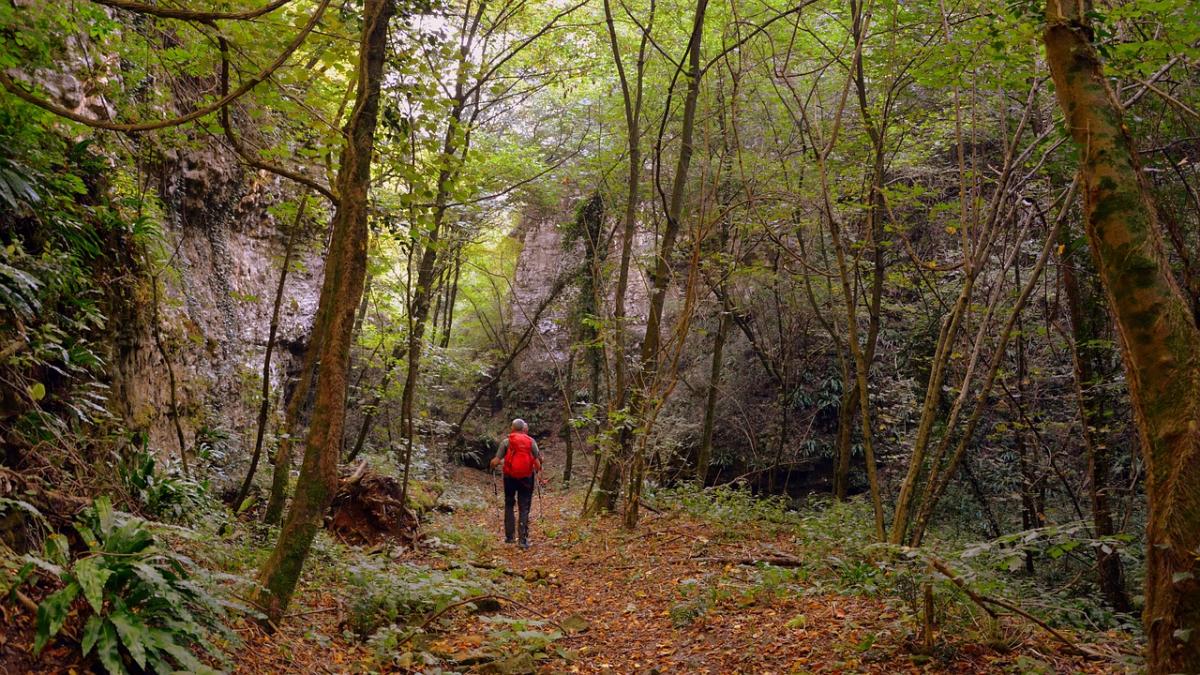In a changing climate European forests are of great value for society and the economy
On 27 February, EUSTAFOR (the European State Forest Association) hosted a seminar on forestry values, bringing together experts, policy makers and representatives of the forest sector for an exchange on how to strengthen innovation and attract investments in forests, while optimising the multiple goods and services forests provide.

Photo: Gianni Crestani
Forests have an important role to play in addressing the climate change related challenges, through carbon sequestration, and adaptation, through for example flood risk and erosion prevention. In addition they provide USD 75-100 billion per year in goods and services such as clean water and healthy soils.
The Bonn Challenge is a global effort to bring 150 million hectares of deforested and degraded land into restoration by 2020 and 350 million hectares by 2030. It was launched in 2011 by the Government of Germany and IUCN, and later endorsed and extended by the New York Declaration on Forests at the 2014 UN Climate Summit. IUCN is the Secretariat of the Bonn Challenge.
It is estimated that achieving the 350 million hectare goal could generate USD 170 billion per year in net benefits from watershed protection, improved crop yields, and forest products, as well as sequester up to 1.7 gigatonnes of carbon dioxide annually.
"European Member States are already taking action to restore degraded forest landscapes, but these efforts need to be strengthened,” said Alberto Arroyo Schnell, Senior Policy Manager at the IUCN European Regional Office. "Forest landscape restoration and sustainable management are essential for forests to deliver long-term benefits for biodiversity, society and the economy.”
In the EU, only 26% of forest species and 15% of forest habitats were found to have favourable conservation status in an assessment for the 2007 to 2012 period. Unsustainable management threatens biodiversity and leaves these forests vulnerable to climate change risks, including fire, pests and diseases. Restoration can help European governments improve the resilience of forest ecosystems and meet commitments under the Aichi Targets of the Convention on Biological Diversity (CBD) and the EU Biodiversity Strategy.
Forests have an essential role in climate change mitigation, through carbon sequestration, and adaptation, through water management and preventing soil erosion. In providing these ecosystem services, as well as opportunities for recreation, resilient forests provide values to society far greater than from timber production alone.
Both public and private forest owners would benefit from well-designed policies and financing instruments to take targeted actions to increase biodiversity and the ecosystem health of forests, especially in a time of growing demand for biomass related to the development of the bio-economy.
IUCN encourages European Member States and the forest sector in particular to increase their efforts to restore degraded forest landscapes in order to meet the commitments laid out in the Paris Agreement on climate change and international biodiversity targets.



